I'm learning React.js, and I see the super keyword used a lot in constructor functions.
I understand that super allows a subclass to have access to the this keyword. However, I can't find much more explanation.
- Why does calling
super(), magically give my class access tothis? - Why does the
superkeyword bindthisto the context of the class? - When I'm not dealing with a subclass, why don't I have to call
super()?
